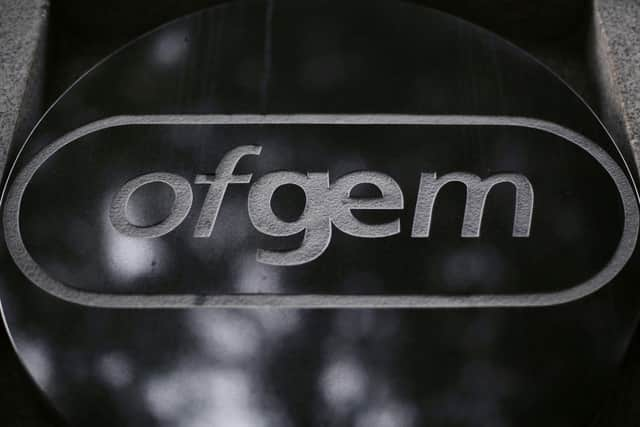UK energy supplier collapses likely to cost around £2.7bn, report finds
The National Audit Office (NAO) has said, while the failures were caused by massive changes in the energy market, regulator Ofgem is also partly to blame.
The watchdog’s approach to how it licensed and monitored suppliers over much of the past decade increased the risk of them failing, but also added to costs when they did, the NAO found.
Advertisement
Hide AdAdvertisement
Hide AdOfgem’s processes have been good at ensuring that households do not have their energy cut off when a supplier fails.


It fixes this through the so-called supplier of last resort system, which asks a rival company to take over the supply of energy to those households.
But the system has many potential pitfalls. For instance, customers will often be moved to a more expensive deal with their new supplier. Citizens Advice estimates it adds about £30 per month to bills for the average customer.
Some customers will also be taken off their debt-repayment plans, which hits the most vulnerable hardest.
But the most widespread problem is the cost of transferring the customers. Instead of just affecting the customers of the failed supplier, it is spread over all households in Great Britain.
It will cost households a combined £2.7bn to cover the transfer of 2.4 million customers to a new supplier – around £94 each – Ofgem estimates.
This is before taking into account the potentially multi-billion charge that households could face due to the collapse of Bulb Energy.
The Department for Business, Energy and Industrial Strategy (BEIS) has set aside £1.9bn so far to run the energy company in administration. It was considered too big to allow it to fail.
This cost could be passed on to bill-payers.
Advertisement
Hide AdAdvertisement
Hide AdHead of the NAO Gareth Davies said: “Ofgem and BEIS ensured that the vast majority of consumers faced no disruption to their energy supply when their provider failed.”
But he criticised close to a decade of lax regulation of energy companies.
New rules for new suppliers will change this, but those rules only came into force in 2019, and it was not until 2021 that they were implemented for existing suppliers.
“By allowing so many suppliers with weak finances to enter the market, and by failing to imagine that there could be a long period of volatility in energy prices, Ofgem allowed a market to develop that was vulnerable to large-scale shocks,” he said.
“Consumers have borne the brunt of supplier failures at a time when many households are already under significant financial strain, having seen their bills go up to record levels. A supplier market must be developed that truly works for consumers.”
Designing the new-look energy supply market was always going to be a matter of balancing regulation and competition.
The market had been restrictive following privatisation in the 1990s. There had been around a dozen energy suppliers, and the so-called Big Six had dominated.
Customers were allowed to switch between suppliers, but there were rarely big savings to be made.
Advertisement
Hide AdAdvertisement
Hide AdAround a decade ago things changed. New rules made it easier for new entrants to undercut the Big Six suppliers with cheaper deals.
Switching suppliers became the name of the game for money-savvy householders, encouraged by the Government.
Ofgem said it accepted the NAO’s findings and was working to fix the problems raised.
“While the once-in-a-generation global energy price shock would have resulted in market exits under any regulatory framework, we’ve already been clear that suppliers and Ofgem’s financial resilience regime were not robust enough,” it said.
Comments
Want to join the conversation? Please or to comment on this article.